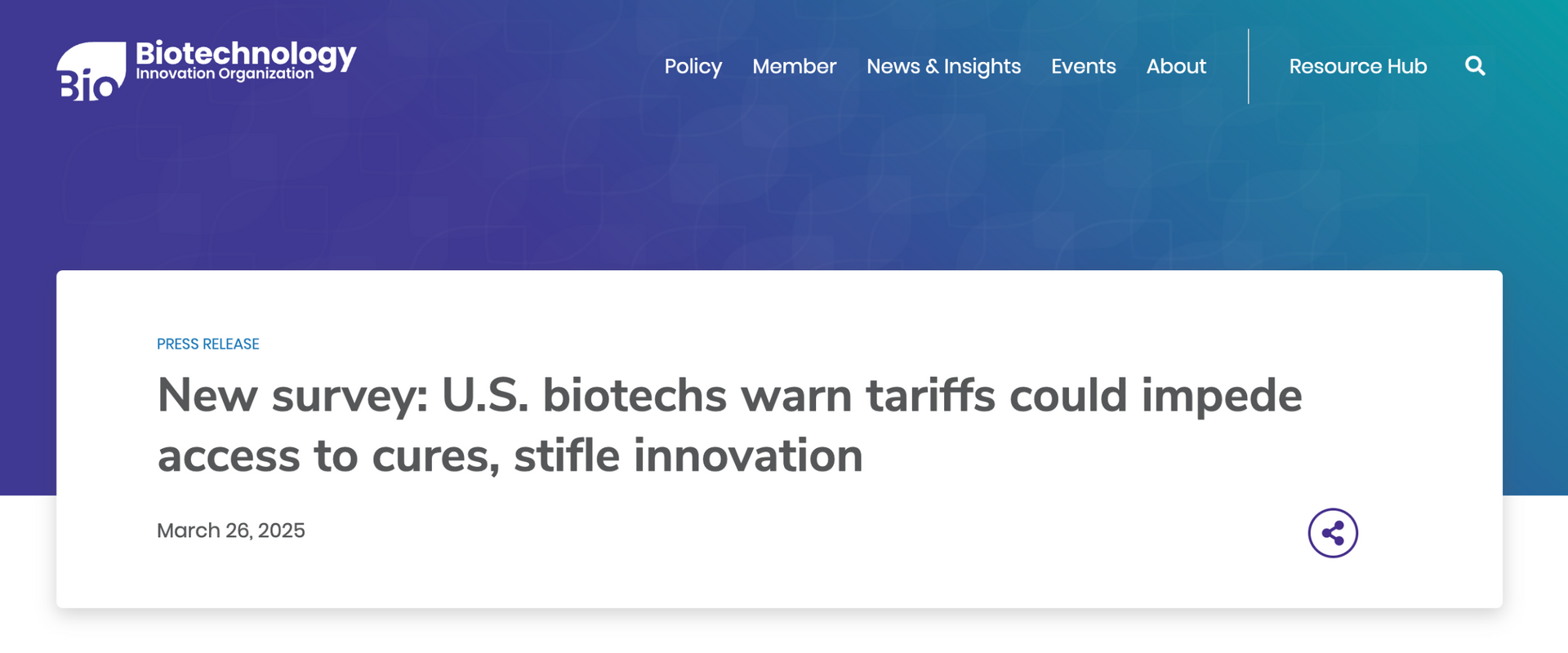MichBio Joins Medtech Partners in Asking Congress to Pass H.R. 1691

MichBio joined AdvaMed, MDMA, as well as fellow state medtech associations and other stakeholders in a letter seeking Congressional passage of H.R. 1691, the Ensuring Access to Critical Breakthrough Products Act. It comes on the heels of the Centers for Medicare & Medicaid Services (CMS) issuing its final rule back in August 2024 on the Transitional Coverage for Emerging Technologies (TCET) Pathway that would expedite Medicare coverage of some FDA-approved breakthrough products.
Under this finalized pathway, eligible US Food and Drug Administration (FDA) designated breakthrough devices that fall within a Medicare benefit category can obtain national coverage for several years (and perhaps upwards of five years) as the manufacturer develops evidence to address gaps identified through contractor-generated evidence preview and pursuant to an evidence development plan (EDP).
The CMS rule has a number of shortcomings. AdvaMed CEO Scott Whitaker issued an op-ed asking for Congressional help while decrying the CMS’ decision to limit the expedited TCET coverage pathway to five devices a year and exclude technologies such as diagnostics and digital therapeutics from the pathway despite industry complaints about those provisions in the proposed rule.
RECENT ARTICLES



